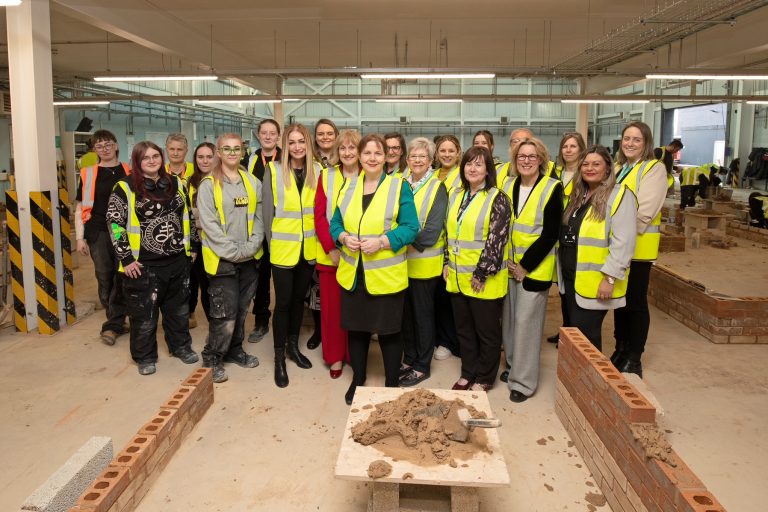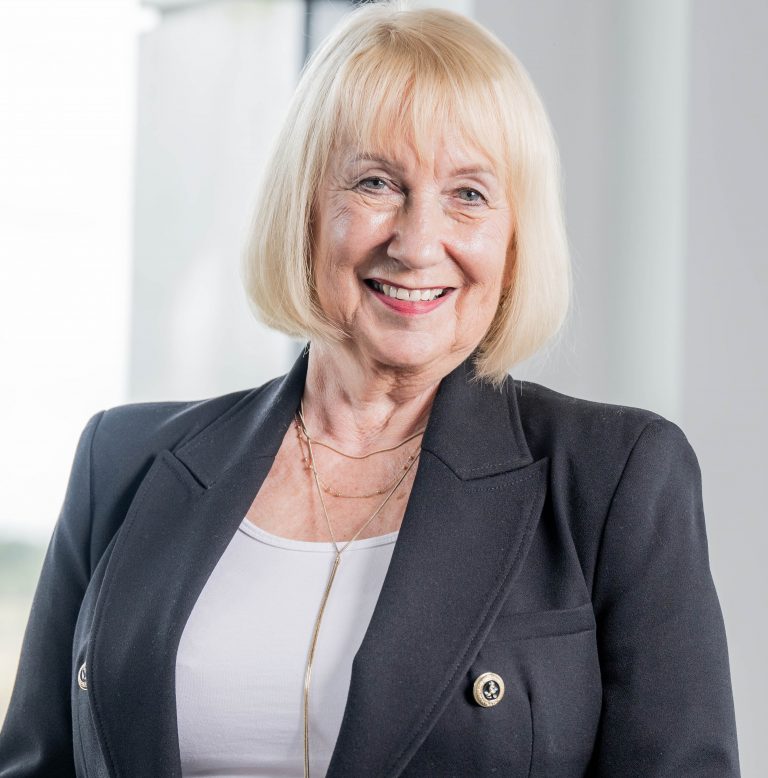Eurocell, the manufacturer, distributor and recycler of PVC window, door and roofline products, has acquired Alunet for £29m.
The deal comprises an initial payment of £22 million and deferred consideration of approximately £7 million payable in four annual instalments beginning in 2026. In addition, there is the potential for performance related payments of up to £6m over the same period.
The acquisition strengthens Eurocell’s position in residential aluminium systems and composite doors, and adds garage doors to its product portfolio.
Alunet includes a stable of home improvement brands and comprises four businesses: Alunet Systems, Comp Door, JDUK, and UK Doors (Midlands).
For the year ended 31 December 2024, Alunet delivered unaudited revenue of £43m and EBITDA of £4.5m.
Alunet’s retained team, led by Chief Executive Steve Hudson, will strengthen the group’s management and Steve will join Eurocell’s Executive Committee. Alunet employs approximately 200 people.
Darren Waters, Chief Executive Officer at Derbyshire-based Eurocell, said: “Alunet is a great acquisition for Eurocell. It significantly strengthens our position in aluminium, enhances our composite door offering, and adds a premium range of aluminium garage doors to our portfolio of home improvement products.
“Alunet has grown rapidly since its establishment in 2013, and under Eurocell’s ownership, we will leverage our leading market positions in new build, trade fabrication and distribution, to help the business reach its full potential.
“On behalf of the Board I am delighted to welcome the management and employees of Alunet to the Group.”











